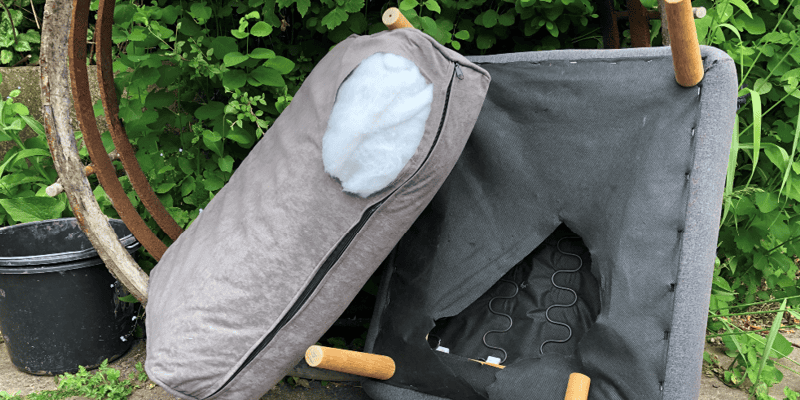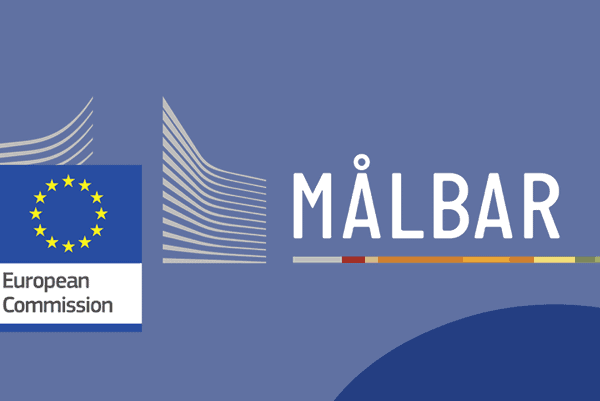
Last month, the European Parliament passed an interesting and important directive regarding the “right to repair” for consumers. Only 3 out of 601 votes were against it (14 abstained, and 584 voted for).
This directive will make it easier and cheaper to repair instead of purchase new, expensive items. It is a significant achievement to empower consumers in the fight against climate change.
According to the European Commission, premature disposal of consumer goods in the EU results annually in:
- 261 million tons of CO2eq emissions
- 30 million tons of consumed resources (metals, wood, plastic, textiles, water, energy, etc.)
- 35 million tons of waste generated
Consumers lose approximately 12 billion euros yearly by replacing goods rather than repairing them. On the contrary, the new rules are expected to generate 4.8 billion euros in growth and investment within the EU as well as reduce waste significantly.
The directive also clarifies manufacturers’ responsibilities to repair goods and encourages consumers to prolong a product’s lifespan through repair.
In practice, this means that:
- Manufacturers have to offer timely and cost-effective repair services
- Manufacturers need to educate consumers about their repair rights
- Products repaired under warranty will receive an additional one-year extension of the legal guarantee
- Even after the warranty expires, manufacturers are obligated to repair common household items, such as washing machines, vacuum cleaners, and smartphones, which are technically repairable under EU law
- Consumers may borrow a replacement device while theirs is being repaired or, if it’s irreparable, choose a refurbished unit as an alternative.
- Manufacturers must supply spare parts and tools at reasonable prices and may not refuse repairs through contractual clauses, hardware or software limitations.
- Manufacturers cannot hinder the use of second-hand or 3D-printed spare parts by independent repairers, nor can they deny repair solely for economic reasons or because a product was previously repaired by someone else.
Målbar clearly supports this legislation which also complements other new EU regulations on Ecodesign and Empowering consumers for the green transition.
Making it easier and more cost effective to repair our products is an important step towards reducing the overconsumption. With this legislation follows a big potential for companies to expand their businesses and move forward in their green transition by for example offering repair services and selling spare parts. Some companies might gain from forming partnerships with competitors on offering repair services or selling refurbished products.
At Målbar, we will align our calculation methods on product guarantee, repair services, etc. when the existing calculation rules are being updated and published by the EU.


